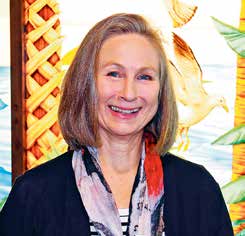Stories: The Antidote To Inflammaging
By Phyllis Strupp, Contributor
Stories Can Help You SuperAge
Your personal story plays a leading role in your brain’s ability to work well as long as you live. Why? Because the “default network” brain activity that generates your personal life story is highly energetic. If we manage this energy effectively, our brains will be continually rejuvenated as we age. If we don’t, our brain’s useful life (brainspan) may fall short of our lifespan due to inflammaging (chronic inflammation that accelerates aging).
Everyone Has A Story
Many people think they don’t have a story, but we all do nonetheless. The human brain’s ultimate job is to knit together a personal life story. This personal story allows us to share our wisdom—which is the point of having our very own story. The essence of being a member of homo sapiens sapiens—a double-wise person—is to share wisdom from your story.
The default network, the seat of consciousness, organizes not only your personal story, but other key aspects of your sense of self as well: Your memories, your relationships, your identity, your motivation, your interests, your self-awareness, your ability to move through time and space.
The default network is far too powerful to be handled by the individual alone. This activity is regulated by balancing the needs and desires of “me” with the needs and desires of “we.” SuperAgers, people who live long and well over age 80, are the masters of default network activity. They have more brain connections in the “we” part of the brain than people 40 years their junior.
Relationships Shape Your Story
Our stories and ourselves are shaped by our relationships with others as we search for love and meaning every day. Alzheimer’s disease targets the default network and gradually disorganizes the brain activity that underlies personal memories. No memories, no story, no self. My story is my self. Your story is your self.
Some 95 percent of Alzheimer’s cases arise after age 65, thought to be a product of lifestyle, cultural, environmental and psychosocial factors that are not well understood. Inflammaging is a known enabler of many age-related health challenges, including Alzheimer’s. Given how Alzheimer’s death rates vary from country to country and city to city, cultural attitudes and environmental factors that contribute to inflammaging may play a bigger role than individual factors.
For at least 50,000 years, human groups have relied on rituals involving storytelling to combat loneliness and negative emotions – two major drivers of inflammaging. Elders have always played a key role in ritualized storytelling that provides shared social meaning.
Inflammaging teaches us that we are not designed to age alone. We need to share meaning with other people through stories – our default network says so.
Live performances that relay stories through music, song, dance and theater provide exercise for the default network, our inner storyteller, and keep us wise in mind and young at heart.
Create Your SuperAging Story At JKV
At JKV, you have many opportunities to just say no to inflammaging, and just say yes to stories. Join the SuperAgers and delight your default network with some new types of artistic experiences throughout John Knox Village.
New stories can help build your personal story in surprising new ways. Enjoy the story.
____________________________________________________________________________________
 ABOUT THE AUTHOR
ABOUT THE AUTHOR
Brain Wealth founder Phyllis T. Strupp, MBA, is an award-winning author and brain training expert, speaking to audiences around the U.S. on how brains and lives can get better with age. Her 2016 book, “Better with Age: The Ultimate Guide to Brain Training,” introduces a pioneering approach to “use it or lose it,” based on successful outcomes from her 10 years of experience in brain coaching. Visit Phyllis’ website: www.brainwealth.org
—
John Knox Village is the only Life Plan Retirement Community in Florida to offer Phyllis Strupp’s exclusive Train Your Brain® workshops. To learn more about the program and any upcoming Train Your Brain events contact the Life Enrichment Department at (954) 783-4040.
